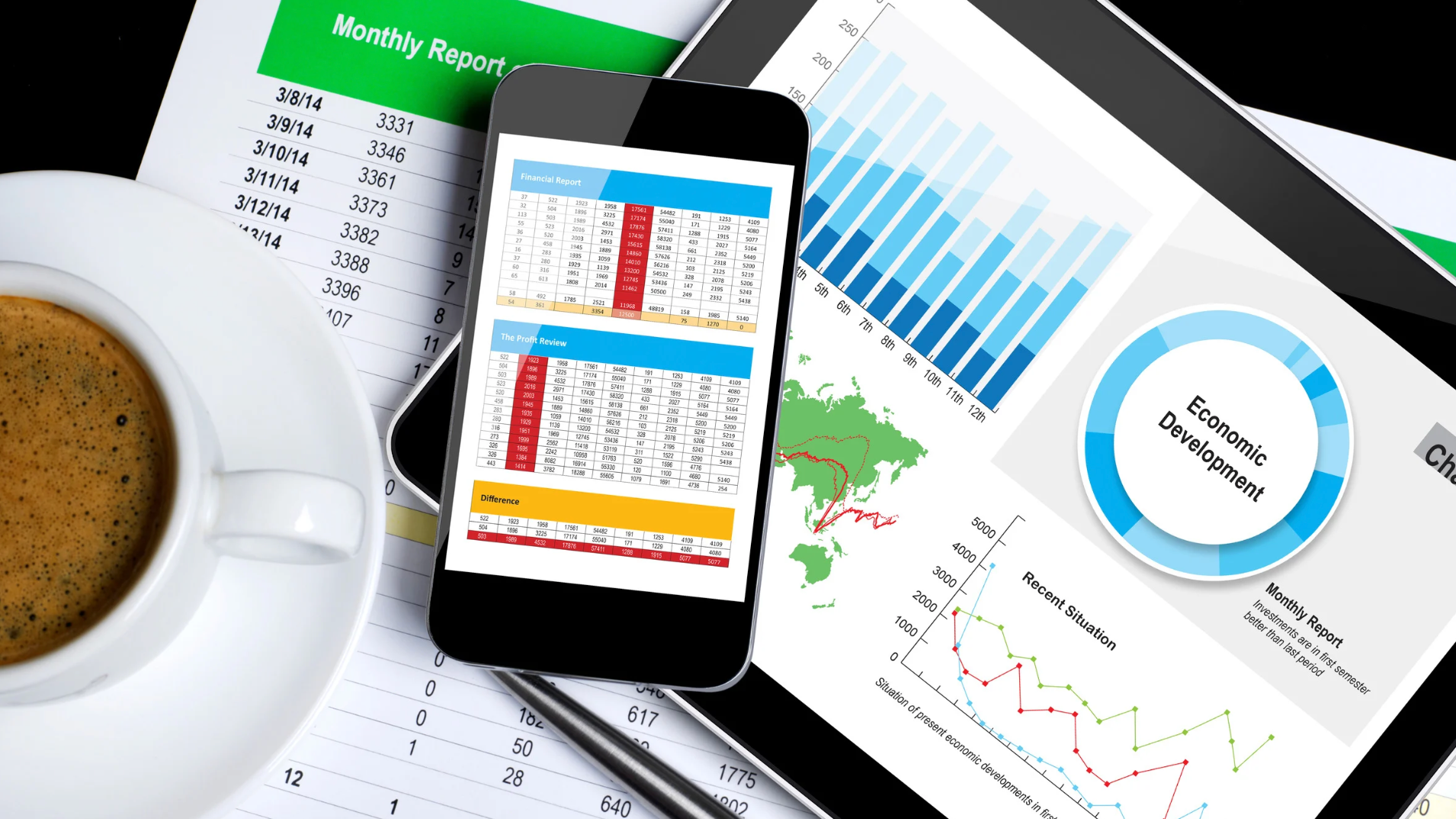Owning a business is stressful, especially if you’re doing it by yourself and don’t have someone to bounce ideas off. You can feel isolated, that you can’t ask for help, or don’t know who to ask for help. If aspects of your business are making you feel stressed or interfering with a good night’s sleep, these tips can help you reduce your stress levels.
Some tips for reducing stress
Schedule time for yourself in your diary.
Whether you like hitting the gym, swimming, walking, or daily meditation, clearing your mind with exercise and time out will help you transition from ‘work’ to ‘home’ mode. Prioritising the things that make you happy will also help you be more effective at work.
Make a plan
Whatever the issue or stress you’re facing, write down the goals or actionable items you need to achieve to make it happen. Break the longer-term goals down into short term goals/actions. Set time aside each week to check in and see how you’re tracking to achieving your goals, so you can make adjustments where necessary.
Set boundaries
You don’t have to be everything to everyone, nor can you be everything to everyone. Make a decision on what are the things that matter most to you and prioritise those. You don’t have to say yes to every invitation, job, or commitment, so figure out which ones you do want to do and let the others go. Only take on commitments that you’ll really enjoy doing, and remember, ‘No’ is a full sentence – an explanation is not necessary. Exercise using it more!
Celebrate your wins
Celebrate all your wins – doesn’t matter if they’re big or small. At the end of each week/fortnight/month, write down your biggest win. Then, on the days when you’re feeling stressed and things seem overwhelming, you can look back at that win for better perspective.
Turn off your phone at night
If you struggle to resist the urge to reply to emails or to ‘getting a head start on tomorrow’ – turn your phone off or put it in a different room. Use the time to do things you’ll enjoy such as reading a book, listening to music or a podcast, or spending time connecting with family and friends. You might need to invest in an old school alarm clock, but leaving your phone out of the bedroom will help you relax and get a better night’s sleep.
If you’re needing a sounding board for your ideas, or for challenges that you’re facing, get in touch with us to discuss how we can help you navigate these. Sometimes a problem shared is a problem halved. At the very least, you’ll get a new perspective on the situation which could be all you need to make progress and reduce your stress.













